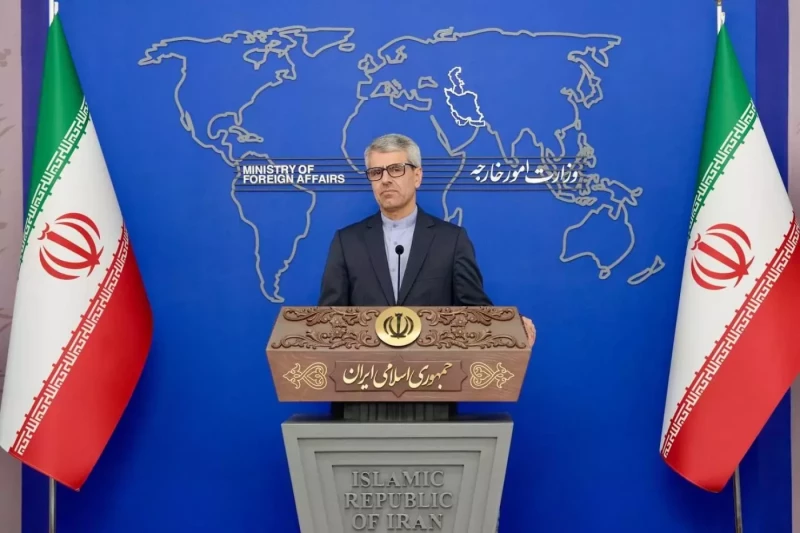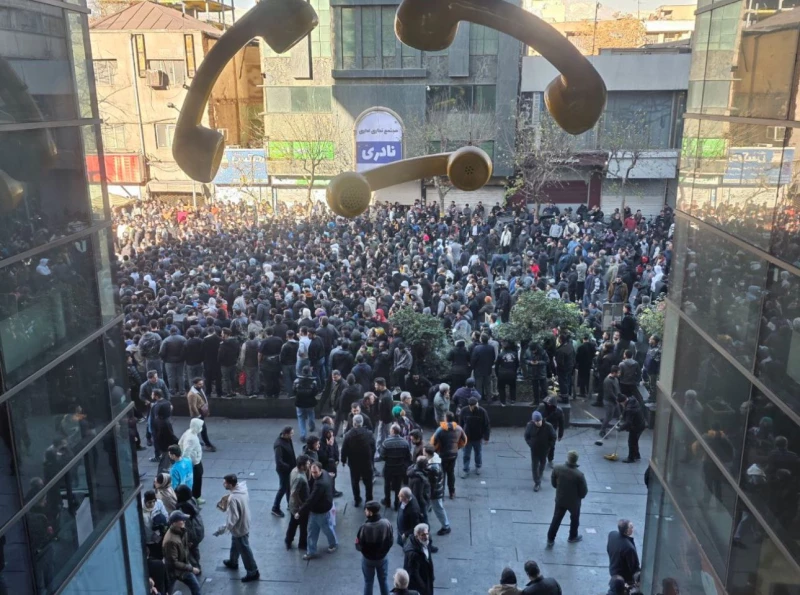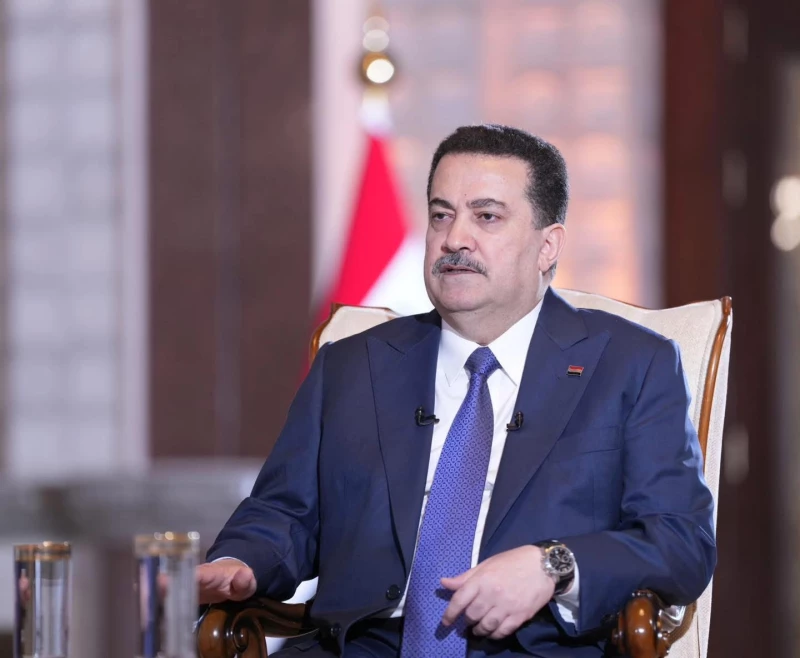ERBIL, Kurdistan Region of Iraq - As the Muslim call for prayer echoed in the early hours of Tuesday, the Islamic Republic of Iran executed a 2022 protester and a Kurdish religious prisoner, amid mass calls to delay their execution.
Mohammed Ghobadloo was arrested on September 22, 2022 amid the country-wide protests following the death of Iranian-Kurdish woman Zhina (Mahsa) Amini. At the time, he was accused of “deliberately” running a vehicle over a number of police officers and killing one of them.
Ghobadloo was first sentenced to death in November 2022, charged with the religious “corruption on earth” crime. The Iranian Supreme Court in February 2023 referred his case to a new jurisdiction due to claims related to his mental health.
In June 2023, Amnesty International reported that Ghobadloo had suffered from bipolar disorder since he was 15 years old, adding that in the two months leading to his incident and his arrest, he had not been taking medications “leading to distress and extreme mood episodes.”
The rights watchdog added that upon his arrest, he was beaten and a confession was forced out of him.
The Iranian Regime has time and again been accused of making prisoners admit guilt under duress. These “confessions” are often aired on state TV and social media, and mostly split up in parts with no clarity of the events between each statement made.
In a 2020 joint report by the London-based Justice for Iran (JFI) and the Paris-based International Federation For Human Rights, both sides accused Iranian state TV of airing forced confessions of over 355 people between 2009 and 2019.
“These methods vary from physical torture – such as flogging, strappado or hanging by the hands, and electrocution – to psychological torture – such as long-term solitary confinement, mock executions, rape threats, and deliberate exposure of prisoners to poor prison conditions – to tempting and deceiving the detainee in order to extract confessions on camera,” the report read at the time.
Calling on the international community for help, Ghobadloo’s mother pleaded through a video message ahead of her son’s execution.
“The court removed his attorneys, they did not let the attorneys enter the courtroom,” she said. “They got my kid alone and defenseless, they interrogated him without an attorney present, and sentenced him to death on the very first court session, is this ‘Islamic Justice’?”
The Islamic regime in Iran announced that #MohammadGhobadloo will be executed tomorrow after the calls for morning prayers. Pls urge the regime of the Islamic Republic to #StopExecutionsInIran!https://t.co/p4TKLVONmj pic.twitter.com/emOAydJ5q0
— 𝑺𝑬𝑷𝑰𝑫𝑬𝑯 (@Saraa_Sepid) January 22, 2024
The court’s failure to review Ghobadloo’s mental condition brought wide backlash.
Replying to a tweet from the Judiciary’s mouthpiece outlet, Ghobadloo’s lawyer called for a debate on live TV about the case.
“So let's debate in the presence of the media with the documents and judgments of the case,” Amir Raisian said.
پس در حضور رسانهها مناظره کنیم با اسناد و احکام پرونده
— امير رئيسيان AMIR RAESIAN (@amirreiis) January 23, 2024
British Security Minister Tom Tugendhat reposted a video from prominent Iranian activist Masih Alinejad on Twitter along with a Persian poem. The video was from a woman inside Iran writing in graffiti on a wall the phrase “Your morning prayer is a symbol of death for us.”
صبحگاه بادی دارد که خبرهایی به تو میرساند
— Tom Tugendhat (@TomTugendhat) January 24, 2024
به خواب برنگرد
آن چیزی را که واقعاً میخواهی بپرس
به خواب برنگرد
مردم در حرکتند به اند و روانند از در پیوند دو جهان
در باز است و گردان
به خواب برنگرد
pic.twitter.com/7rBQFXEiX7
The regime is known to carry out executions right after the call for morning prayer, making it essentially the first activity after the morning prayer, and this particular morning, Ghobadloo was not the only one executed.
Kurdish prisoner executed
The Islamic Republic on Tuesday morning also executed Farhad Salimi, a Kurdish prisoner from the Kurdish city of Saqqez.
Salimi, along with a number of other men, were arrested in December 2009. At the time, they were accused of "acting against national security," "propaganda against the government," "participation in Salafi groups," and "corruption on earth."
According to information obtained from Arsalan Yarahmedi, head of Hengaw Organization for Human Rights, Salimi had spent 14 years in prison without receiving any leave, and along with a number of fellow inmates, he had gone on hunger strike since December 30.
Yarahmedi further added that according to family members, Salimi’s family had arrived to meet him one final time, but prison guards informed them that they could come back the next day to meet him on Tuesday, but by the time they went there on Tuesday, Salimi had already been executed.
The Iranian regime’s execution methods are one of the regime’s many violations of human rights.
The regime executed 31 political and religious prisoners in 2023, according to Hengaw.
Amnesty Iran called on the Iranian government to stop Salimi’s execution, but the regime has not made a habit of listening to such calls.
Tortured prisoner Farhad Salimi, from Iran’s Kurdish Sunni minority, faces imminent execution in Ghezel Hesar prison after transfer to solitary confinement yesterday. The authorities must stop his execution NOW. https://t.co/DqER0kRKoN pic.twitter.com/Nbi5Pi8RHO
— Amnesty Iran (@AmnestyIran) January 22, 2024
The body of Salimi was delivered back to his hometown of Saqqez on Tuesday night despite never admitting guilt to killing anyone and without any proper evidence shown.
A large crowd attended and bid farewell to him, but hundreds more like Salimi await their unjust executions in Iranian prisons, often with no right to an attorney, or a just judiciary.
People in Saqez city said farewell to Farhad Salimi executed today in Iran
— Fazel Hawramy (@FazelHawramy) January 23, 2024
Do you know how much blood IRGC shed in this city and the barbarity towards the protesters following the killing of #ZhinaAmini
Still Kurdish people are out tonight saying no to the Islamic Republic pic.twitter.com/wCOXX1EIDK

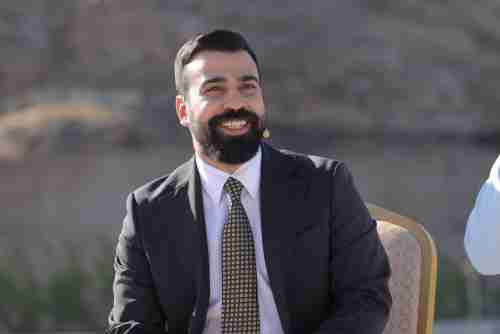
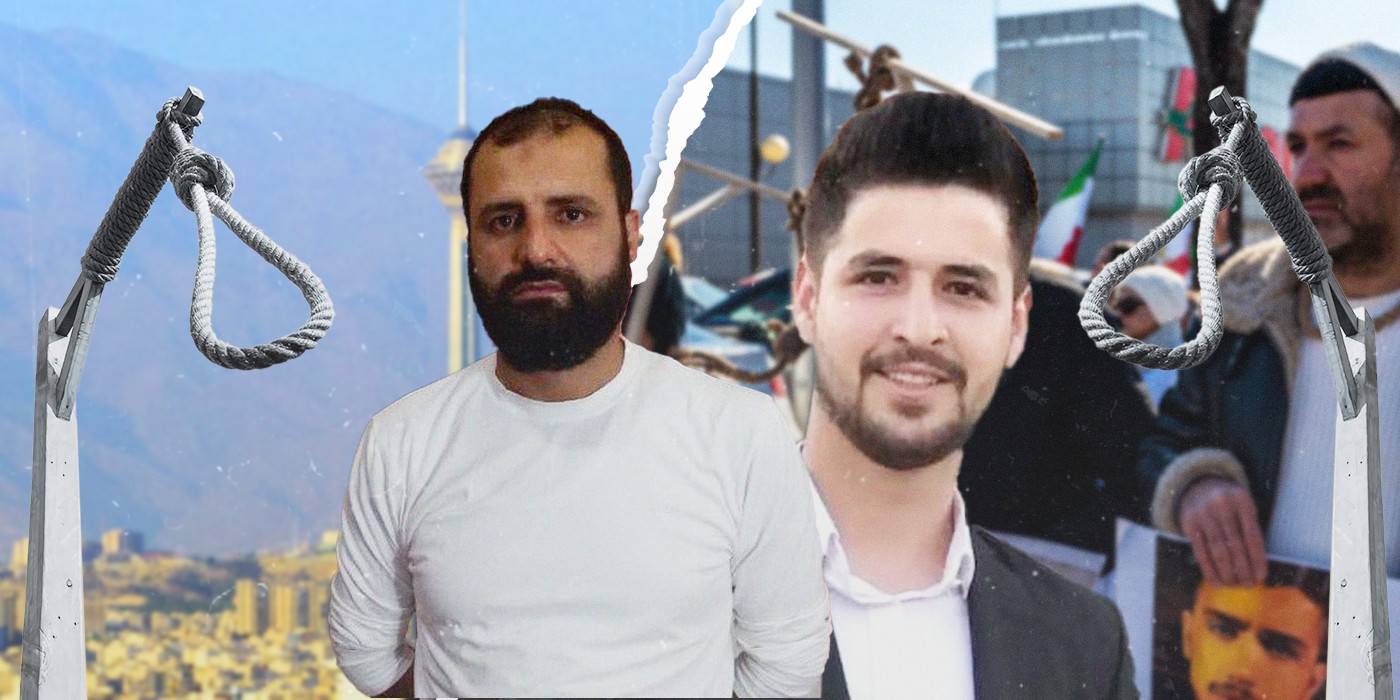
 Facebook
Facebook
 LinkedIn
LinkedIn
 Telegram
Telegram
 X
X
